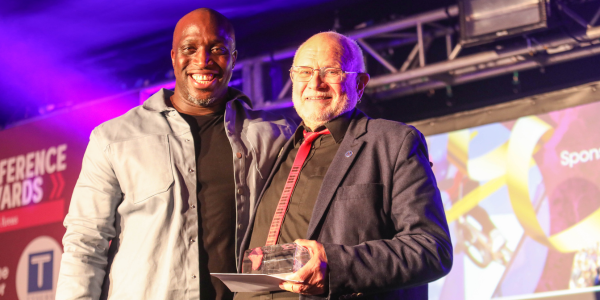
Gabby Austen-Browne, event industry DEI expert, highlights that sustainability is not always about the planet
What do you think of when you hear the word sustainability? Do you immediately think of environmental sustainability and how this relates to our planet? If so, this is very normal. However, as a diversity, equity and inclusion (DEI) professional, I often harp on about how social sustainability is just as relevant and important as environmental sustainability. By structuring a strong partnership between DEI and sustainability, you will ensure your business strategy really and truly centres around the diverse values and perspectives of employees, customers and communities.
I am personally drawn to and inspired by the UN’s 17 sustainable goals – which is a shared blueprint for peace and prosperity for people and the planet. The goals are a call to action for developed and developing countries to recognise that ending poverty and other injustices must go hand-in-hand with strategies that improve health and education, reduce inequality and spur economic growth – all while tackling climate change.
Now more than ever, how businesses manage their impact on people, not just employees, but also workers in the supply chain, customers and local communities, and how they address issues such as diversity, pay equity, social justice, inequality in education, is critical.
Implementing sustainability and DEI strategies are a must as an organisation’s environmental and social sustainability record has a direct impact on brand reputation, attracting and keeping talent, securing new business and maintaining consumer loyalty.
Although we may not feel directly impacted by this yet, research shows companies are being judged on the basis of their treatment of employees and the diversity of their teams and customers. As the number of diverse stakeholders grows, so will the need to incorporate new voices and different perspectives into the business strategy. While there is a lot of movement going on in our industry, this is the perfect time to make sure we are getting this right.
The demographic shifts and an increasingly global marketplace have made the talent pool more diverse than ever, and currently millennials are the most diverse, environmentally aware and socially driven employees in the workforce. As they advance into leadership positions, they will evidently drive social change, removing outdated policies, ways of thinking and perhaps even employees, as they do.




